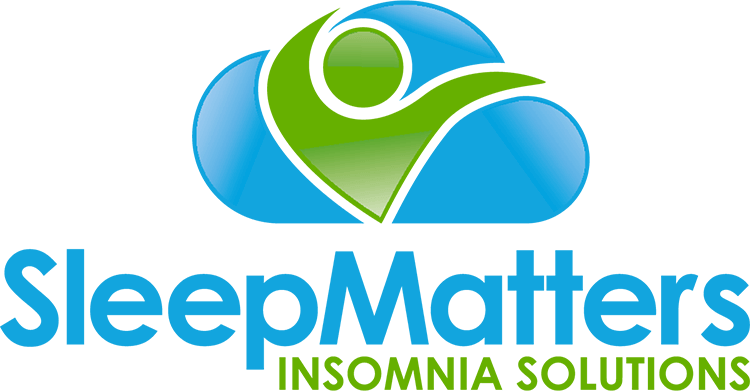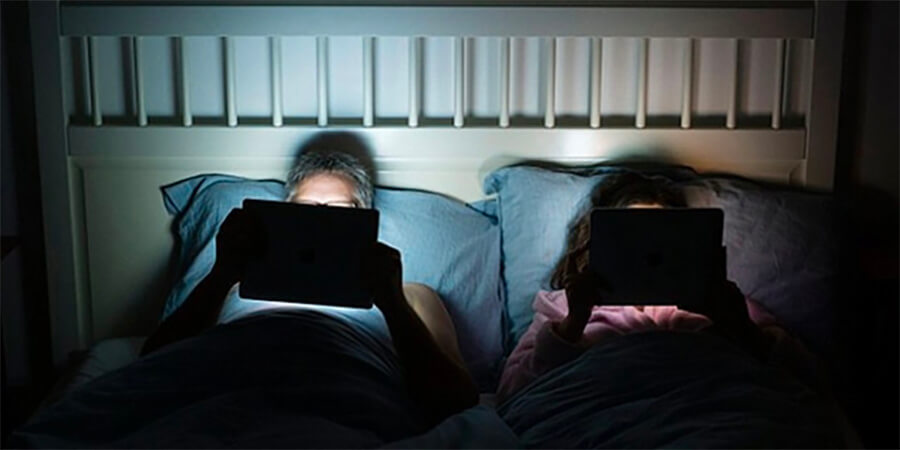There is a lot of talk about the negative impact of pre-bed screen use on sleep. Many of us still do it though…..and some of us do it and even sleep well. Media messaging often takes a one-size fits all approach and I want to challenge this.
Sleep is a hot topic in the media – and so it should be, it’s crucial for life and health and we all do it (almost) every day. The media, however, often scaremongers and catastrophises in order to get people to listen.
If you Google ‘screen use before bed’ you get 100s of powerful messages like ‘I stopped using screens before bed and it changed my life’ and ‘why reading a screen before bed might by killing you’.
So to be the voice of reason and balance, I’d like to emphasise taking a more individualised view of screen use before bed.
There is no doubt that evening screen use is a factor to be mindful of when working to improve sleep. Extended exposure to bright light can suppress melatonin production and this can make sleep difficult. Further, content on the device (e.g. social media, messaging, games, work) independent of the light exposure, can make the mind more alert and not ready for sleep.
Bear in mind that many of the studies that found screen use worsened sleep (under experimental conditions) examined evening screen use of 2 – 4 hours duration. There is research looking at bright screen use of 60 minutes duration before bed that found no effect on sleep. So while we can assume that a 2-4 hour session on a device before bed is not good for sleep, moderate screen use, for some people, may be OK.
Another problem with much of the research is that we don’t know what causes what. Does screen use cause poor sleep or vice versa? Indeed there is some evidence that poor sleep can come first (eg triggered by stress, age-related changes in sleep) and that poor sleepers use screens to cope with that fact that sleep isn’t coming easily.
My message is that you need to work out how sensitive you (or your teenage children) are to screen use before bed. Similar to the effects of caffeine. There are those of us who have a cup of tea just before lights out and sleep just fine, and there are those who truly need to avoid caffeine after midday if they want to sleep well that night.
Different sensitivities. We are all on a spectrum, where do you fit?
If you suspect your sleep is suffering because of a screen, i) dim the screen (check out f.lux/twilight/night-shift apps/function that removes the problematic blue/green light wavelengths), ii) an hour before bed, switch away from screen activities that activate your brain (social media use or games), iii) put a limit on the amount of time you use the device, or iv) switch to an old school book or gentle audio for your pre sleep wind down.
Read more about screen use and sleep here
Sleep Matters is a team of health professionals with specific training and experience in helping people with Insomnia. For other posts on sleep, Insomnia and it’s treatment, read other posts in our `blog.
If you would like assistance with your sleep, please also see information about Sleep Matters and the treatment services we offer on this website.

